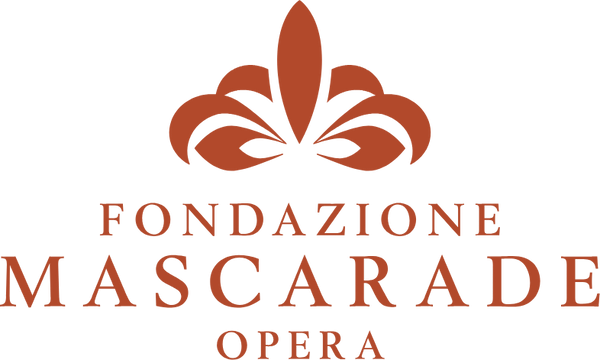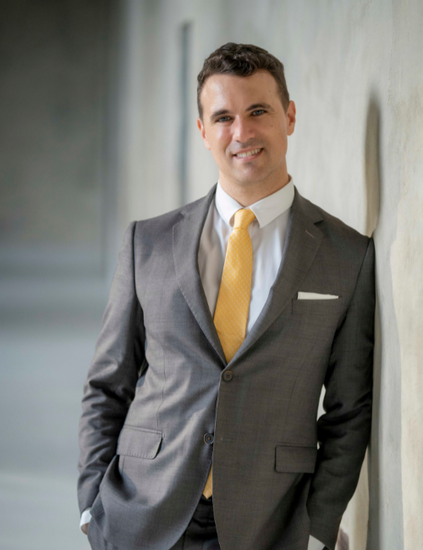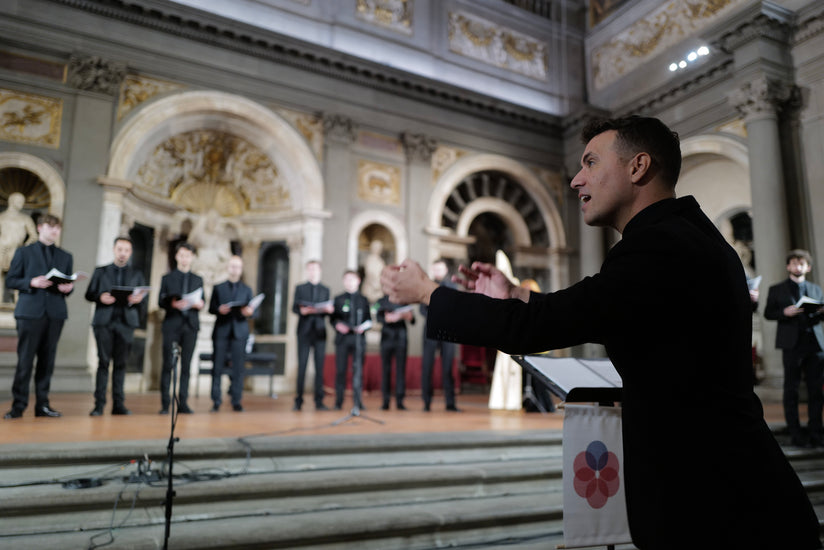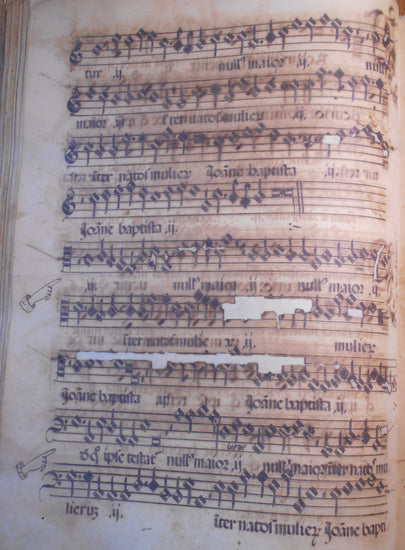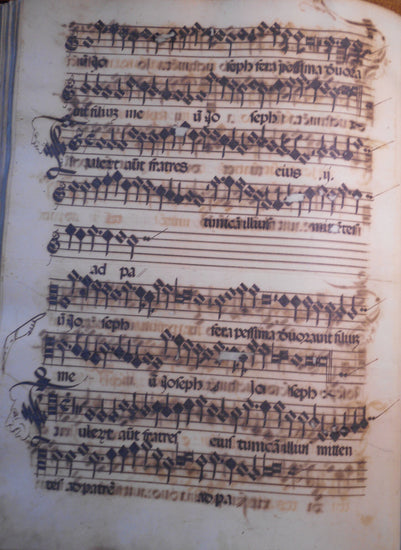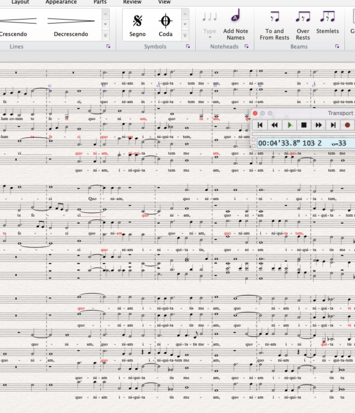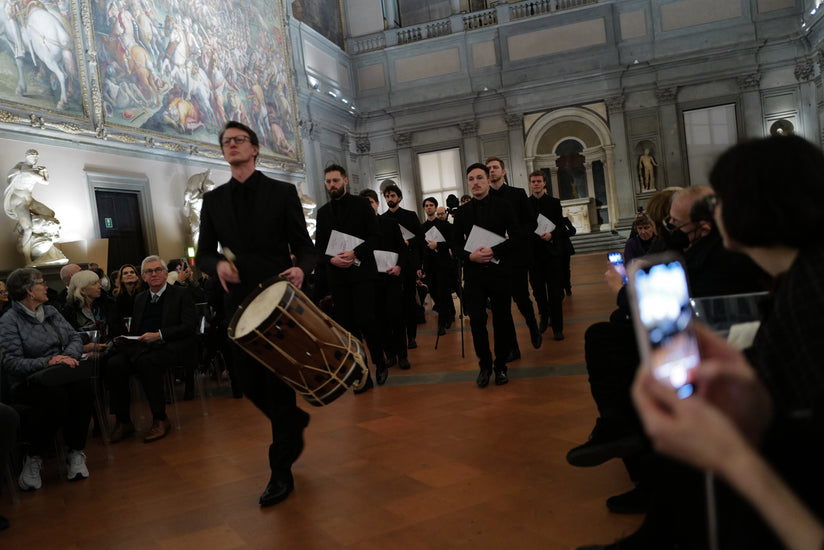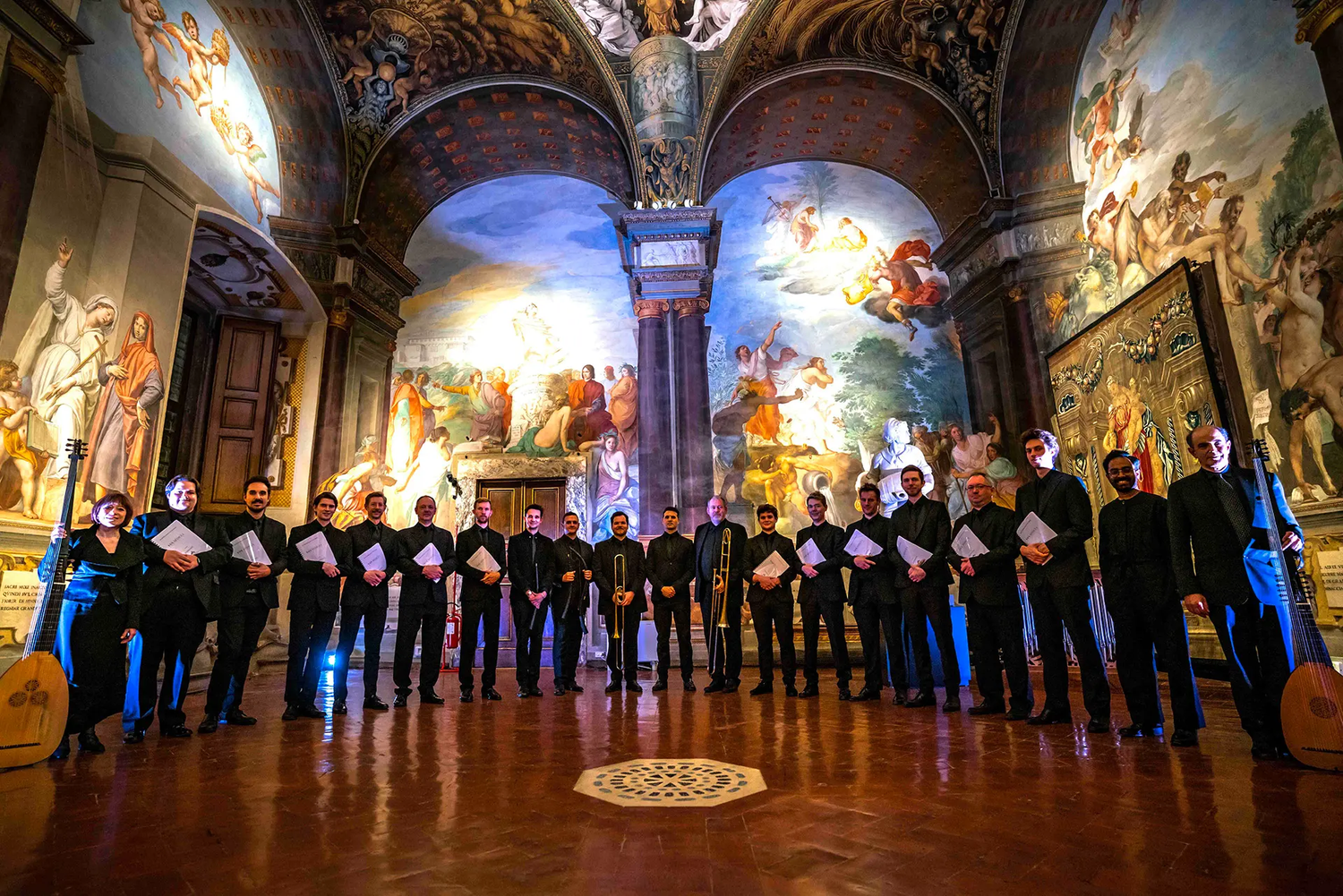
SACRED MUSIC PROGRAMME
rediscovering the sacred sound of Florence
The Sacred Music Programme is dedicated to the rediscovery, performance and revival of the Florentine choral tradition, through three central initiatives:
Research | Performance | Education
Examining the vast archival collections of Florence and further afield, the programme’s mission is to rediscover the choral tradition of Renaissance Florence, transcribing forgotten manuscripts of sacred polyphony, before bringing them to live professional performance by our specialist ensemble Vox Medicea. Meanwhile, our educational initiatives include the Florence Choral Course, an intensive summer programme for aspiring international singers, and the Coro di Santo Spirito, providing choral scholarships and training for young singers based in Florence.
RESEARCH
Florence: Epicentre of the Renaissance
While Florence of the 15th and 16th centuries is widely celebrated for its humanistic thought and artistic achievements, producing some of Europe's greatest artists, its musical contributions, in particular in the realm of the sacred, are often overlooked. Yet, given the prominent choral traditions in Venice and Rome during this period, it is highly probable that Florence also possessed a rich choral tradition of its own.
Our ongoing research to date has brought to light over 150 motets, alongside numerous mass settings, magnificats, psalm settings, cantatas, and laude. These musical treasures have, in all likelihood, remained unheard for centuries.
Since its inception at the Medici Archive Project in 2018, a dedicated team has meticulously researched, scrutinised, and mapped musical manuscripts. These invaluable documents are housed in various archives, including the Florentine State Archive, the National Library in Florence, the Archive of the Duomo of Florence, and other public and private collections across Italy and Europe.
Our process involves in-depth examination, editing, and transcription of the most significant findings into modern musical notation, with historical research to contextualise each piece's origin and provenance. Ultimately, this work prepares the rediscovered music for publication, adhering to contemporary standards of musical scholarship.
PERFORMANCE
Vox Medicea
The professional male-voice ensemble Vox Medicea, is dedicated to the performance and recording of these newly-rediscovered works. Comprising some of the finest specialist performers of this repertoire drawn from Italy and the United Kingdom, the choir has given performances in London, and been featured on the flagship CBS ‘Sunday Morning’ programme.
In 2022 the choir was selected for a special concert on behalf of the Commune di Firenze in the historic Palazzo Vecchio, and has since founded its own annual ‘Sacred Masterpieces of the Medici’ Gala weekend with performances at the Palazzo Pitti, San Lorenzo and Santa Felicita, as well as the famous Certosa and San Francesco monasteries. In 2025 the choir headlined the Rome Chamber Music Festival and will perform at the Ávila Festival in December.
Concerts by Vox Medicea showcase the research of the Sacred Music Programme, providing the opportunity for listeners to hear rare and forgotten sacred works of Renaissance Florence. Smaller concerts focus on smaller-scale specialist repertoire, while larger concerts incorporate period instruments appropriate to the majestic polychoral works which were the hallmarks of the Medici Grand Dukes.
education
Florence Choral Course
Coro di Santo Spirito
The Florence Choral Course is an annual summer course, providing advanced level training for aspiring young singers in the choral music of the Italian Renaissance. Thanks to our supporters it is made entirely free for all participants. Selected singers from all over the world receive the unique opportunity to study in Florence for an intensive week of daily rehearsals, choral technique workshops, individual singing lessons, archival tours, history lectures and masterclasses with world famous practitioners, including soprano Dame Emma Kirkby, theorbist Francesco Romano and director of Milan Cathedral Choir Maestro Massimo Palombella. The week culminates in concert and ecclesiastical performances in some of Florence’s most iconic buildings, including Palazzo Tornabuoni, and the basilicas of Santissima Annunciata, Santa Maria Novella and Santo Spirito.
In collaboration with Florence’s historic Basilica di Santo Spirito and the Fondazione Mascarade Opera, establishes the Choir of Santo Spirito by offering choral scholarships to twelve specially selected young singers based in Florence. These singers will receive support and opportunities at the Mascarade Opera Studio, enabling them to develop essential ensemble and musicianship skills, while also providing a monthly sung choral service to the Basilica.
EVENTS
New Generation Festival, FLORES APPARUERUNT
June 15th 2025, 13.30pm, Convento di San Francesco, Fiesole
ROME CHAMBER MUSIC FESTIVAL, JUBILEE FESTIVAL CONCERT
June 16th 2025, 8:30pm, Rome
Sacred Masterpieces of the Medici
Friday 28 November 2025 - Sunday 30 November 2025, various locations in Florence
Festival Internacional Tomás Luis de Victoria
December 13th-14th 2025, Ávila, Spain
